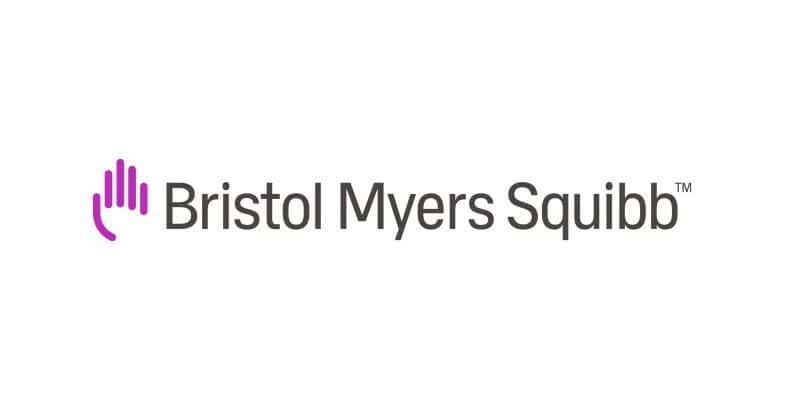
Bristol Myers Squibb (BMS) has reported a first-in-class win for its PD-1 inhibitor Opdivo after the immunotherapy demonstrated positive results in resectable, pre-surgery non-small cell lung cancer (NSCLC).
In the phase 3 CheckMate-816 trial, Opdivo (nivolumab) was evaluated in combination with chemotherapy in patients with resectable NSCLC before surgery. Patients in the experimental arm of the trial received up to three doses of Opdivo plus chemotherapy prior to surgery.
The results show that the Opdivo/chemotherapy treatment met the primary endpoint of pathologic complete response (pCR), with significantly more patients treated with the combination therapy showing no evidence of cancer cells in their resected tissue compared with the placebo arm.
The initial data from the CheckMate-816 means that BMS’ Opdivo is the first phase 3 trial of a checkpoint inhibitor, plus chemotherapy, to show benefit in resectable NSCLC cases prior to surgery.
This means it beats a number of competitors to the punch – including Merck & Co’s Keytruda (pembrolizumab), Roche’s Tecentriq (atezolizumab) and AstraZeneca’s Imfinzi (durvalumab), which are all studying their rival checkpoint inhibitors in the same neoadjuvant field.
The CheckMate-816 is still ongoing, with BMS set to assess the other primary endpoint of event-free survival – the length of time that a patient remains free of their cancer or gets worse – as well as additional key secondary endpoints.
“Opdivo has shown benefit as an adjuvant, or post-surgical, treatment option in other cancer types, and the positive results from CheckMate -816 speak to its potential in the neoadjuvant setting of resectable non-small cell lung cancer,” said Mark Awad, clinical director, Lowe Center for Thoracic Oncology, Dana-Farber Cancer Institute.
Although Opdivo is approved to treat patients with metastatic NSCLC, a move into the earlier treatment setting could see it gain ground over Merck’s Keytruda, which largely dominates the advanced NSCLC space.
In a recently published study, Keytruda demonstrated long-term benefit and durable responses when compared to chemotherapy in PD-L1-positive NSCLC, with the checkpoint inhibitor doubling the five-year survival rate for these patients.
Although Keytruda holds much of the NSCLC market, other immunotherapies have carved out niches in other indications – in particular the less common lung cancer type, small cell lung cancer (SCLC).
This includes Roche’s Tecentriq, which is approved for first-line SCLC and AZ’s Imfinzi, which recently demonstrated promise in SCLC, with an 27% improvement in overall survival compared to chemotherapy.




